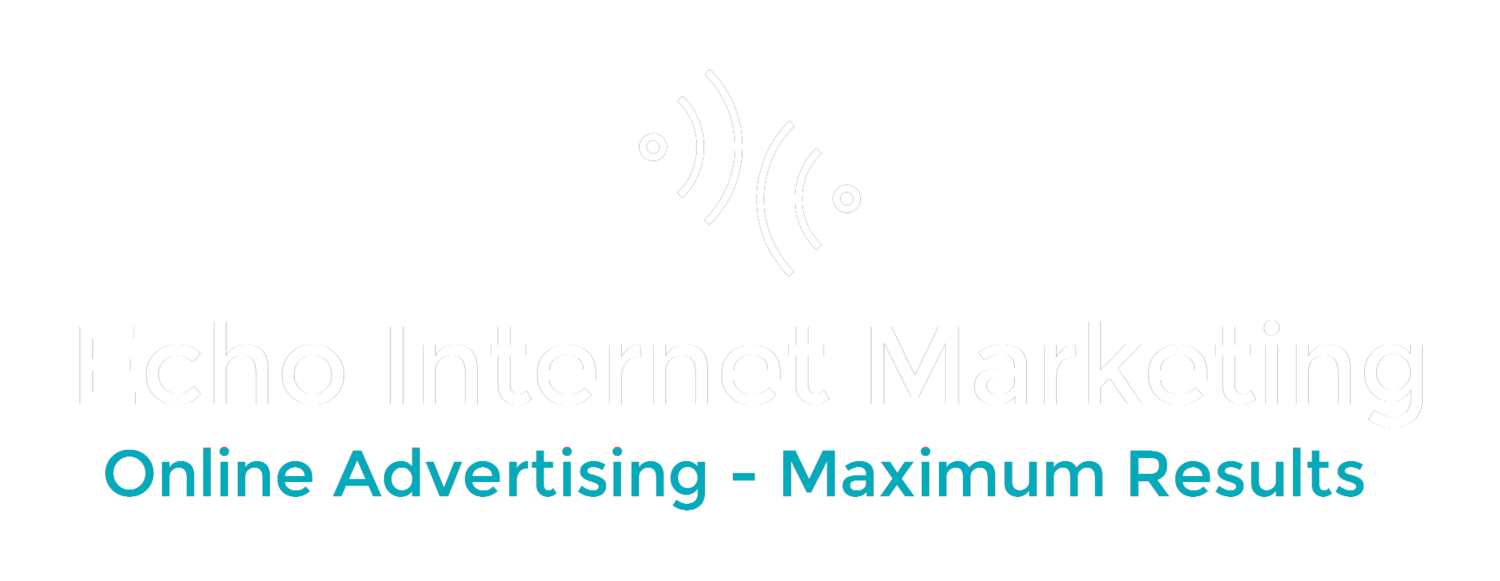Part 2 in a 3 Part Series:
Understanding Adwords Part 2: Google Adwords Quality Score. Decoding it (Somewhat)
Do you feel you are alone in trying to decode Google Adwords Quality Score? Unfortunately, you can't simply use this secret decoder ring from Ovaltine in the 1930s. But fear not, we will try to be your decoder ring and shine some light on this often mystifying subject. Hopefully this will result in higher rankings, lower CPCs and strong bones and teeth. Here goes:
Google uses Quality Score to determine your ads rank. In the old days he who paid the most per click was the one in the #1 position. But that just led to lazy advertisers paying through the nose for position #1 or 2 and having stinky ads that didn't help anyone find what they were looking for. Enter Google Adwords and their quality based ranking system using Quality Score.
What is Quality Score? How is it determined and how does it affect your Adwords Ads?
Quality Score is Google's quality based bidding system. It rewards those smart advertisers who put the time into researching the right keywords, writing excellent ads, and making sure the page the person ends up on after they click the ad is just what they were looking for.
How Are Keywords Scored? Why is it so important?
Quality score is determined for each keyword in your account and only when someone types in that exact keyword. It is figured on a scale of 1 to 10 with 10 being the highest. One keyword may have a quality score of 7 out of 10, one may have a score of 4 out of 10.
If you get one thing out of this article it is this: The higher your quality score, the less you will pay per click and the higher your ad will rank. In theory, the ad ranked number one could being paying the least per click vs. their competitors because they have the best quality score for the keyword.
So the key to winning with Adwords is to get that quality score up! Not by bidding higher, but by improving your ads. Anything over 7 is good. 8-10 is great.
What goes into factoring quality score?
Frankly, we don't know everything Google uses to figure quality score. But here is what we do know...
Quality Score: Determined by a number of factors
Historical CTR of keywords.
Your Account Performance History.
Relevance of keywords to the ads in an ad group.
Relevance of keywords to the ads in the search query.
Historical CTR of the display URLs in an ad group.
Landing page quality.
Other things Google won't tell us.
Much thanks to sources Advanced Google Adwords by Brad Geddes & Pay Per Click Search Marketing an Hour a Day by David Szetela for the above factors. ps: By both books now if you have time to learn and you're serious about improving your Adwords campaigns. If not, hire us ; ) Its alot of work to learn all this!
For a Very Basic Visual Breakdown Check out Google's Video Here:
How to improve Quality Score?
We aren't going to reinvent the wheel here. There are a ton of articles by the best in the business on how to do this and here is a straightforward one by Brad Geddes of bgtheory:
Google AdWords Quality Score Factors Demystified
Closing Thoughts:
Google is full of very smart people. They figured out that when people search for something and see ads that have just what they want, they click on those ads, find what they're looking for and are so happy they use Google again and again. In the meantime, Google makes billions of dollars a year on each of these clicks, and advertisers are happy to pay for each click since it brings very targeted people to their sites and makes them money over and over. It is truly a unique system that ideally is a win for all parties: the searcher, the advertiser and Google.
While this system rewards savvy advertisers, it penalizes lazy ones. If you don't want to put the time into writing great ads, having good landing pages and the right keywords and campaign structure, your quality score will be low and you'll be paying alot for each click. Eventually it may no longer be cost effective for you to use Adwords. For some who just bid higher and higher, it puts them out of business pretty fast.
So that's the basics of Click Through Rate and Quality Score. But what about this question: What determines where your ad ranks in relation to your competitors? After all its great if you have great quality score, but what if you ad is ranked #10 and you want to get it up where people will see it? See Part Two of this series to find out.
Give us your thoughts on your trials and tribulations understanding Quality Score.
Be sure to be on the lookout next month for Part 3 of this Series:
Understanding Adwords Part 3: Google Adwords Quality Score. How Ad Ranking is Determined
Subscribe to our blog to make sure you get it. Its got an awesome equation on how this is figured out.

